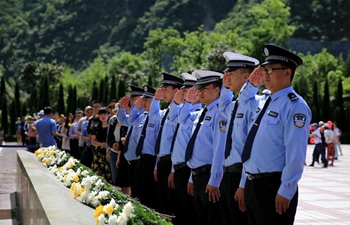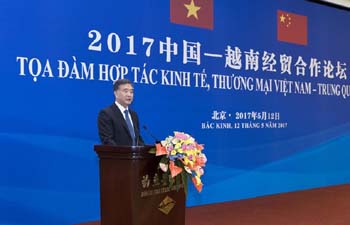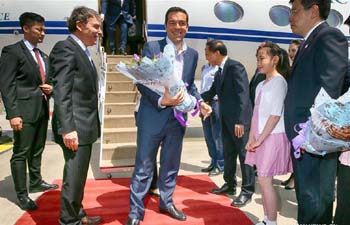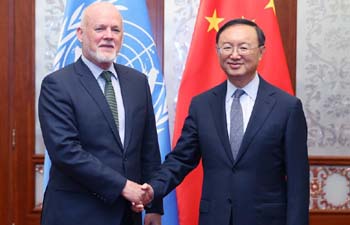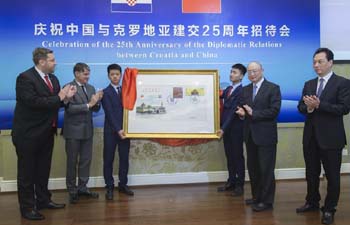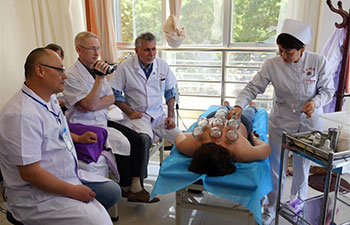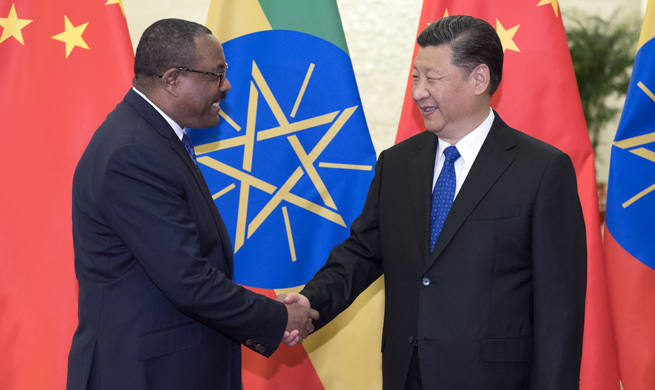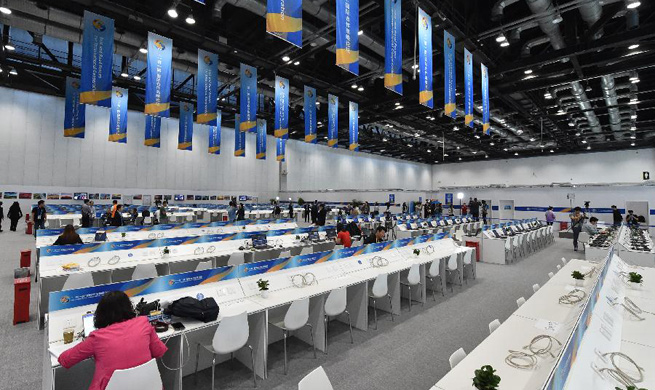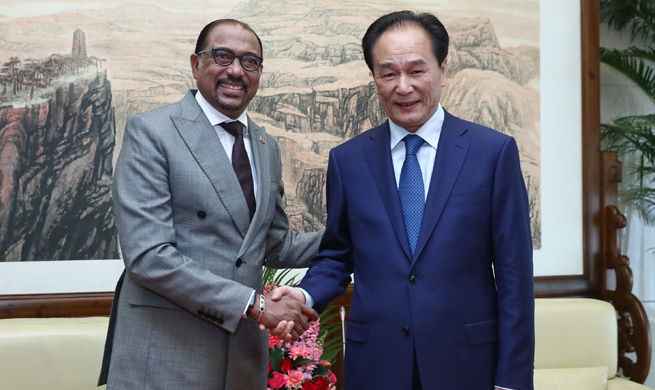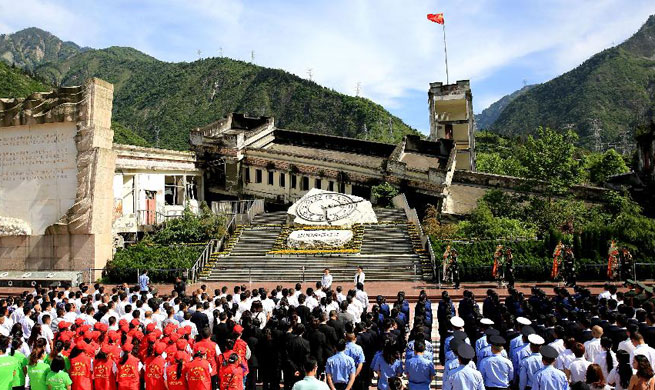BANGKOK, May 13 (Xinhua) -- The Thai-Chinese Rayong Industrial Zone has benefited a lot from the China-proposed Belt and Road Initiative, which is compatible with the Thai government's "Thailand 4.0" strategy, said a Thailand-based Chinese entrepreneur.
The ideas proposed by the two countries share the same concepts of win-win cooperation and connectivity, Xu Genluo, chairman of Thai-Chinese Rayong Industrial Realty Development Co., told Xinhua in a recent interview.
The Silk Road Economic Belt and the 21st Century Maritime Silk Road, known as the "Belt and Road" initiative, was proposed by China in 2013 with the aim of building a trade and infrastructure network connecting Asia with Europe and Africa along the ancient trade routes.
"Thailand 4.0" strategy put forward by the current government is an economic model aims at pulling Thailand out of the middle-income trap and pushing the country into the high-income range by innovation and the appliance of new technology in manufacturing.
"Under this model, Thailand will move toward an inclusive society with equitable access to the fruits of prosperity, which echoes the major concept of the Belt and Road initiative", said Xu.
He said that "Thailand 4.0" strategy will be jumpstarted by the Eastern Economic Corridor (EEC) project, which says three eastern provinces, namely Chachengsao, Chonburi and Rayong, in Thailands eastern seaboard will be built into a hub for technological manufacturing and services with strong connectivity to its ASEAN neighbors by land, sea and air.
"The synergy of EEC and the Belt and Road Initiative will undoubtedly bring more benefits to Chinese enterprises." said Xu, who runs the Thai-Chinese Rayong industrial zone that has attracted the total investment of more than 800 million U.S dollars from 35 Chinese enterprises during the past three years.
Xu noted that the industrial output value of the zone has reached 5,500 million dollars since the Belt and Road Initiative was proposed, accounting for two thirds of the total amount during the past decade since the industrial zone was established.
Xu eyes broader industrial capacity cooperation between China and Thailand within the framework of the Belt and Road Initiative and the "Thailand 4.0" strategy.
Under the "Thailand 4.0" roadmap, 10 targeted industries are promoted as clusters by the government, including next-generation cars; smart electronics; affluent, medical and wellness tourism; agriculture and biotechnology; food; robotics for industry; logistics and aviation; biofuels and biochemicals; digital; and medical services.
"Regional integration is taking shape, industries and development will follow. Both Chinese investors and Thailand, which is a country along the Belt and Road and the center of the ASEAN region, will have more opportunities," said Xu.





